Last Updated on April 17, 2025 by Olasunkanmi Olajide
By Emeka Oluka & Joy Adeyiga
The 101st Inaugural Lecturer of the Federal University of Agriculture, Abeokuta (FUNAAB), Prof. Adewale Obadina, has spotlighted the immense potential of microorganisms, often regarded as both “friends and foes,” in driving sustainable food security in Nigeria and beyond.
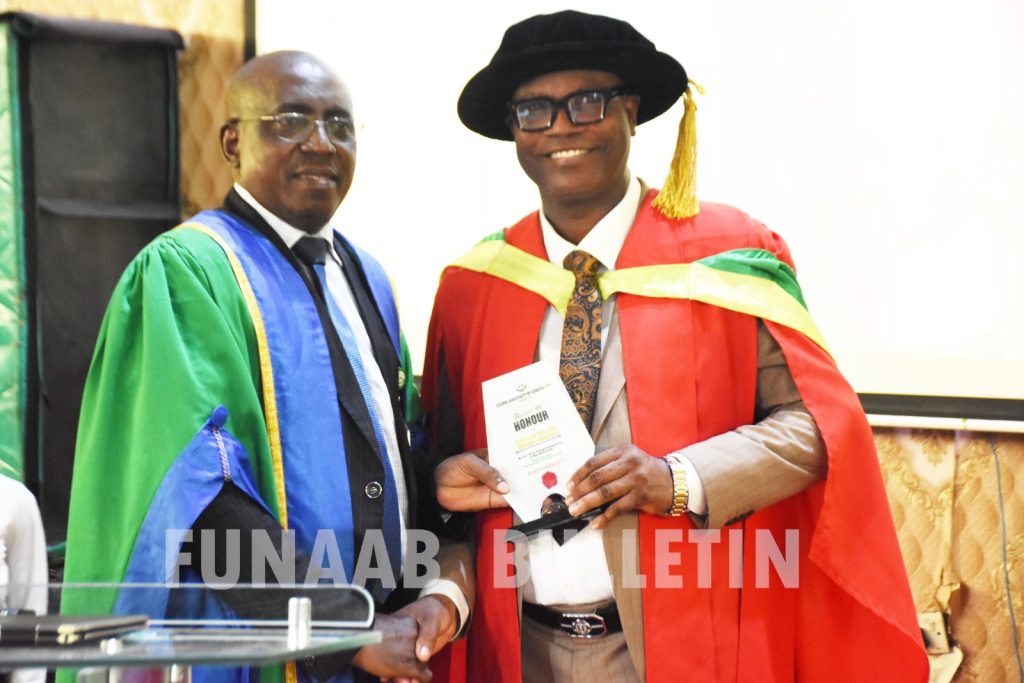
Delivering his Lecture titled “Inevitable Frenemies in Food Security,” today, April 16, 2025, the Professor of Food Safety and Biotechnology underscored the dual nature of microbes in food systems, noting their capacity to either enhance or compromise food safety, depending on how they are managed.
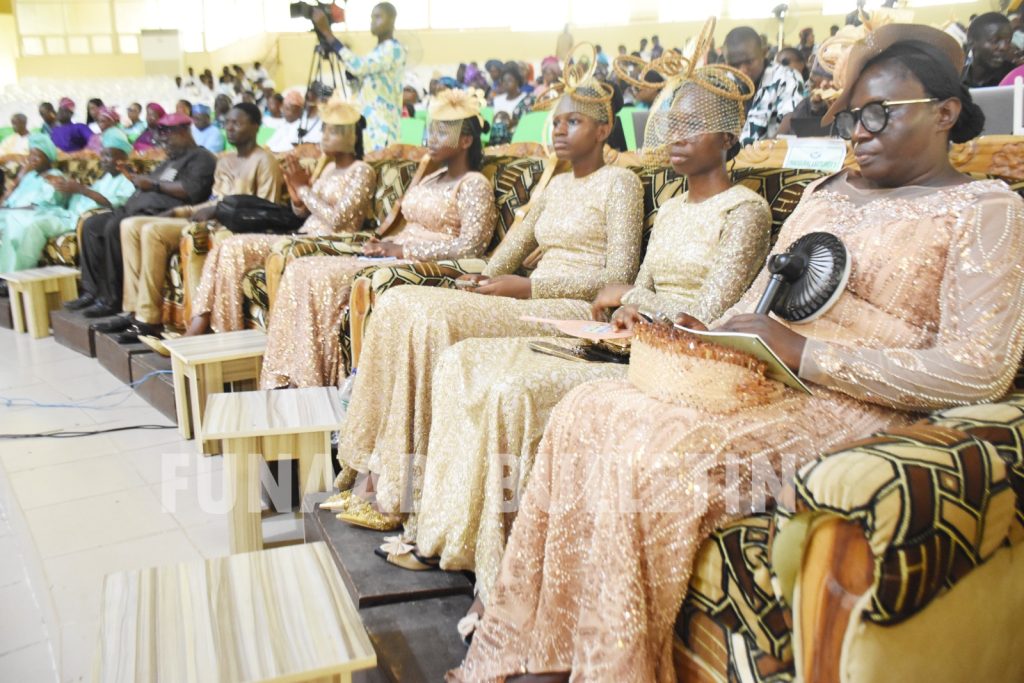
Prof. Obadina, the Project Officer, Quality Assurance and Accreditation at the Association of African Universities (AAU), Ghana stressed that with proper application and control, beneficial microbes can revolutionise agriculture, food production, and preservation. He cited the transformative roles of nitrogen-fixing bacteria and symbiotic fungi in promoting soil health, reducing the overuse of chemical fertilizers and pesticides, and enhancing crop productivity.
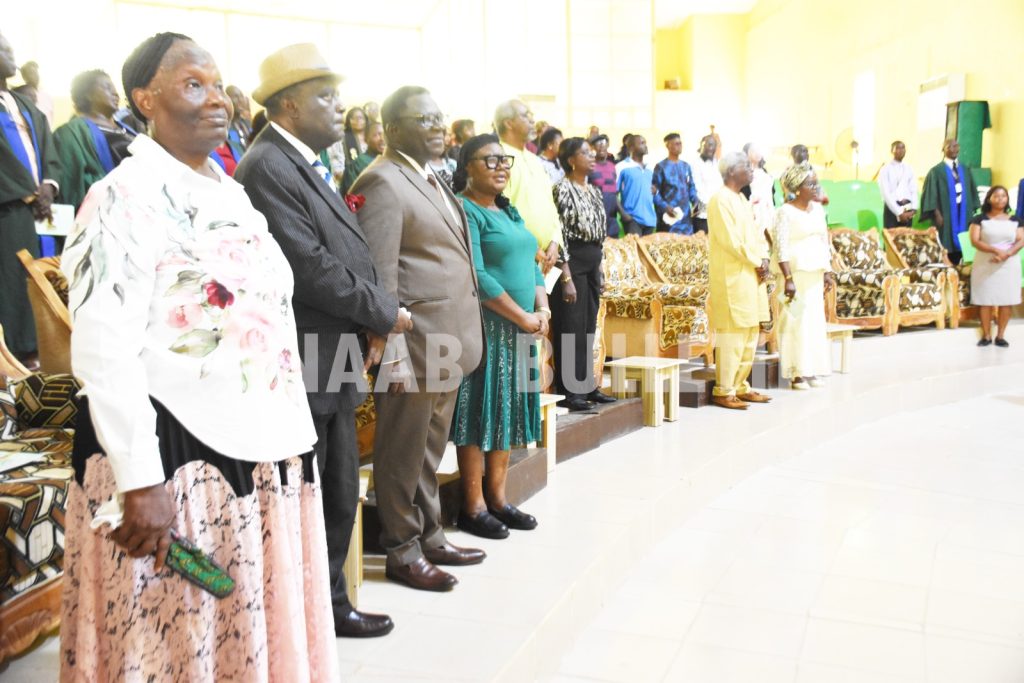
Prof. Obadina, a former Director of the Biotechnology Centre at FUNAAB said that microorganisms were central to fermentation and biopreservation processes, adding that they not only improve the nutritional profile of foods but also extend shelf life, which were key components of ensuring food availability and reducing waste.
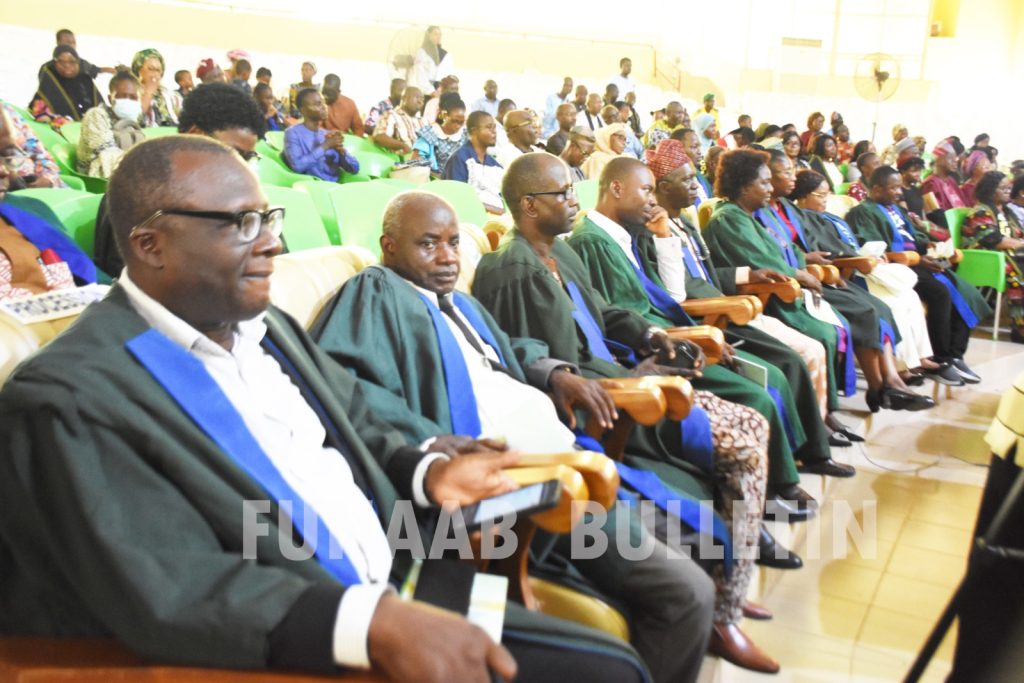
In his recommendations, the 101st Inaugural Lecturer called on government agencies and industry stakeholders to support microbial-based innovations in agriculture and food systems. He advocated for the promotion of biofertilizers, biopesticides, microbial fermentation technologies, and the inclusion of probiotics in diets.
He also charged FUNAAB to take the lead by institutionalising food safety education through compulsory undergraduate courses, professional training programmes for food industry personnel, and the establishment of a dedicated Centre for Food Safety and Security.
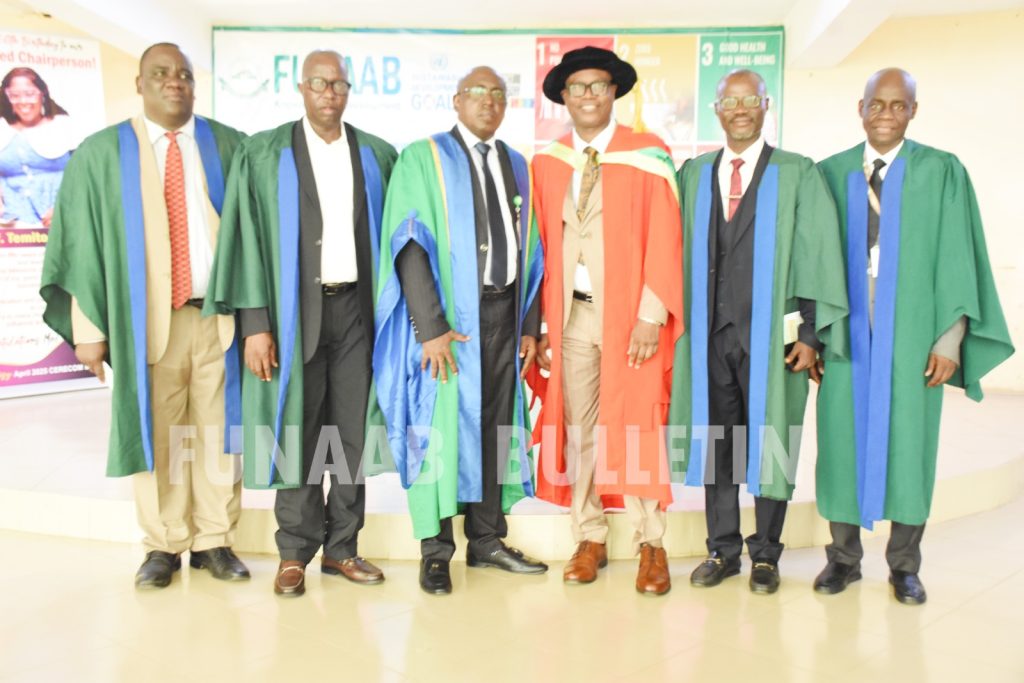
In his remarks, the Vice-Chancellor, Prof. Babatunde Kehinde, commended Prof. Obadina for his outstanding academic contributions and international engagements in the field of food safety and biotechnology.
He described the lecture as a timely call to action, emphasising the need to embrace microorganisms as vital partners in addressing the growing challenges of global food security.
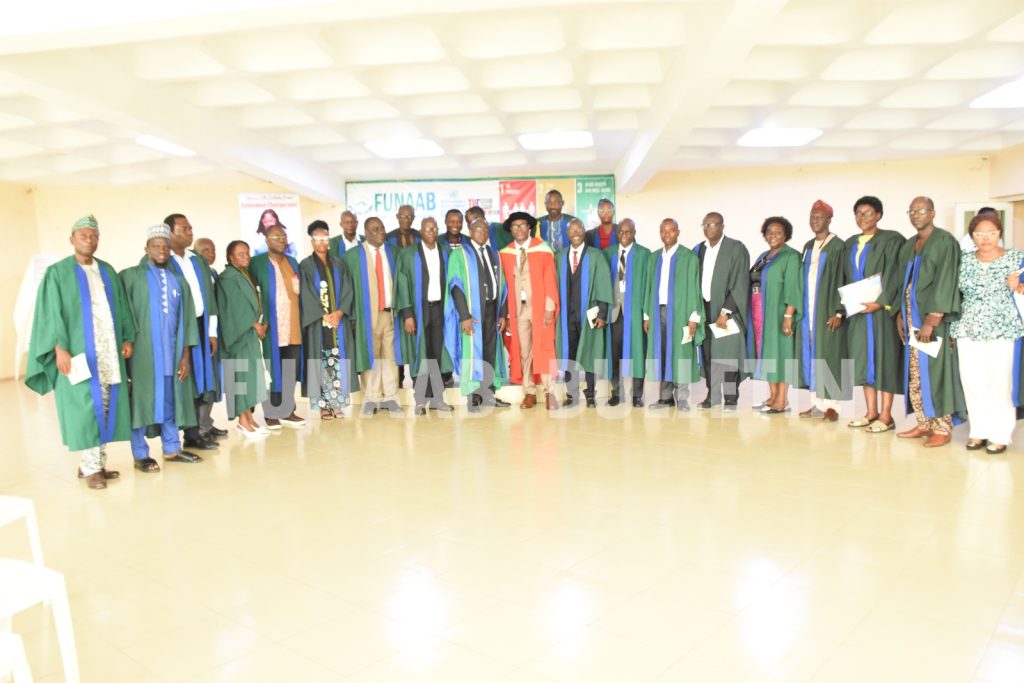
Present at the ceremony were the Secretary General of the Association of African Universities (AAU), Prof. Olusola Bandele Oyewole; former Executive Secretary of the National Universities Commission (NUC), Prof. Peter Okebukola; Vice-Rector, Pan African University (PAU), Prof. Bolanle Akeredolu-Ale; Pro-Chancellor, Crawford University, Prof. Modupe Asokhia; Vice-Chancellor, Crawford University, Prof. Reuben Jiya Kola, including other Principal Officers from Crawford University and several other distinguished guests.
